Hagai Levi’s ‘Etty’
lights up Venice with
a modern, hopeful vision
Hillesum’s diaries—told in Dutch and German and styled with a contemporary sensibility.
The result is a bold, empathetic portrait that turns history into a living conversation about
courage, love, and the refusal to hate.
Hagai Levi’s ‘Etty’ lights up Venice with a modern, hopeful vision
Hagai Levi arrives in Venice with Etty, a series he hopes audiences will meet not as a museum piece but as a vibrant, present-tense story of resilience. Though set in Amsterdam from 1941 to 1943 and rooted in the writings of Etty Hillesum—who was ultimately murdered at Auschwitz—the project aims beyond the confines of a single era. According to Levi, the point is to draw universal lessons about humanity and inner strength, not to restage familiar images of the past.
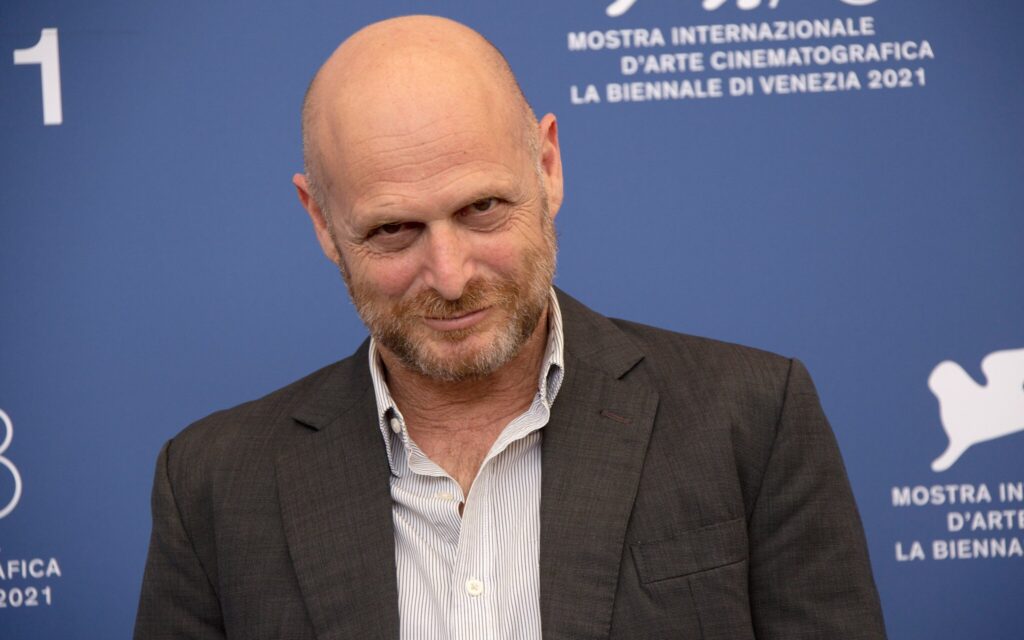
The six-part drama, filmed in Dutch and German, centers on the 27-year-old Hillesum’s spiritual and emotional awakening during the Nazi occupation. Julia Windischbauer plays Etty, with Sebastian Koch as therapist Julius Spier, whose intense relationship catalyzes her transformation. The show adapts Hillesum’s diaries—published decades after her death and now translated worldwide—into what Levi calls “a very long film divided into six episodes,” intentionally finite because of the historical outcome.
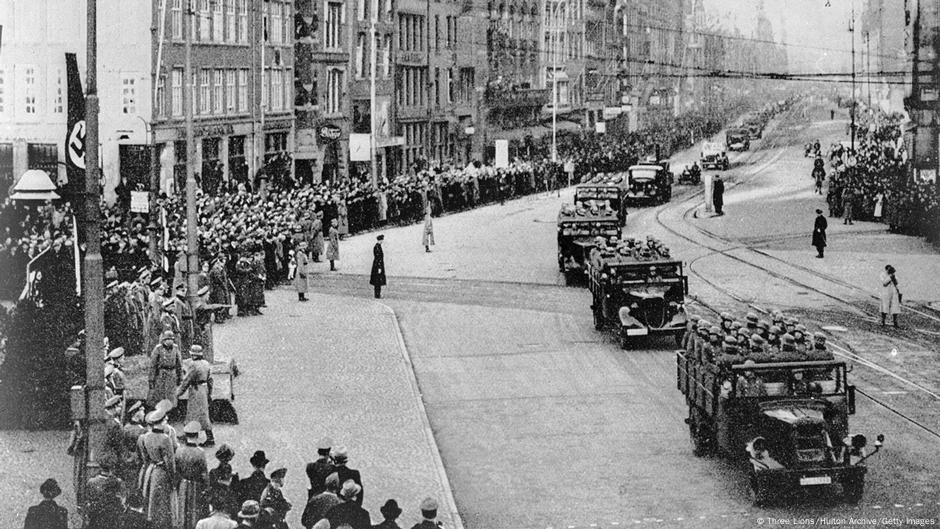
Etty is produced by Les Films du Poisson (France), Komplizen Serien (Germany), and Topkapi Series (Netherlands), in co-production with Arte France and Italy’s Quiddity, with international sales handled by Studio TF1. Initially envisioned as a feature, it was greenlit in early 2023 and reshaped into a miniseries after world events—most notably the October 7 attacks—shifted Levi’s perspective. Filming ran from September to December 2024 at locations tied directly to Hillesum’s life, including her former apartment and sites once occupied by the Gestapo.
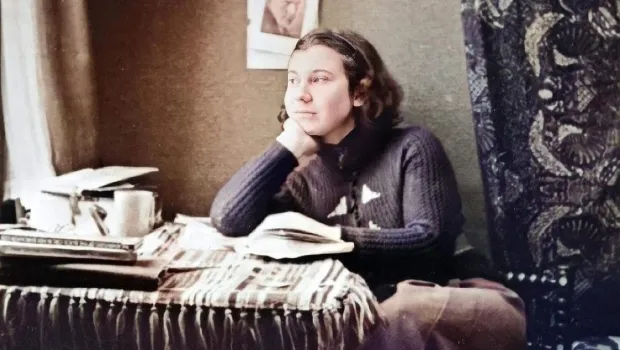
Levi made a striking stylistic choice: the costumes and décor avoid strict period re-creation. By eschewing sepia nostalgia, he asks viewers to encounter Etty as a contemporary urban woman facing extraordinary pressures. That decision pairs with the show’s European financing model—support from public broadcasters Arte (France), SWR (Germany), and NPO (Netherlands)—which, in Levi’s view, afforded artistic freedom and efficiency. He notes the production’s scale rivals far pricier U.S. equivalents, while remaining focused on authenticity over spectacle.
The personal stakes for Levi are unmistakable. Living in Tel Aviv, he describes making Etty as “an escape from hate,” a project about remaining humane when fear and anger tempt the opposite. The series suggests that rejecting hatred is both a private discipline and a cultural responsibility. For cinema and television, Etty offers a fresh language for historical storytelling—intimate, immediate, and emotionally clarifying. Its enduring promise is simple and stirring: even in the darkest chapters, the human spirit can choose compassion, and that choice still resonates today.
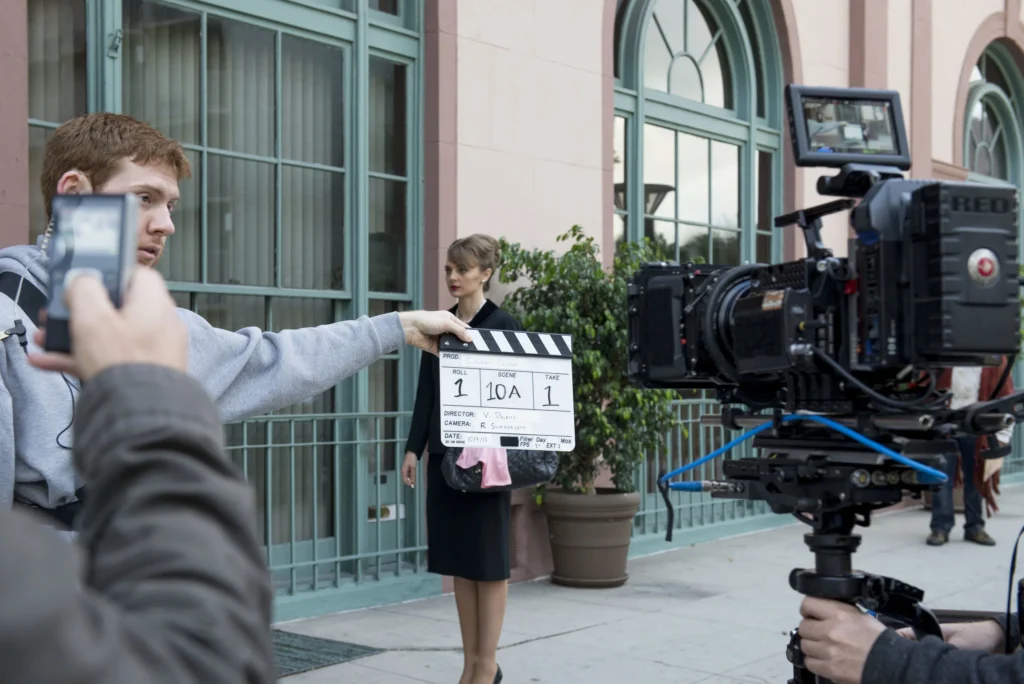
Most Read
- French Filmmakers Bring Al to the Big Jump
- China's Streaming Boom Reshapes Globa...
- Toronto Film Festival Welcomes Record...
- South Korean Cinema's Global Impact Continu...
- Virtual Reality Filmmaking Gains...
Latest Updates
- Breaking: Major studio announces $500M investment in international co-productions
- Film festival circuit adapts to include virtual reality experiences
- Streaming platforms report 40% increase in foreign language content
- Industry veterans launch mentorship program for emerging filmmakers
- New tax incentives announced for international film productions
Disclaimer: The information provided is for general informational purposes only and should not be considered professional advice. We do not make any warranties about the accuracy or reliability of the content. Any reliance you place on such information is strictly at your own risk. Please consult a qualified professional before making any decisions. For queries, contact: administrator@vr1.media.
